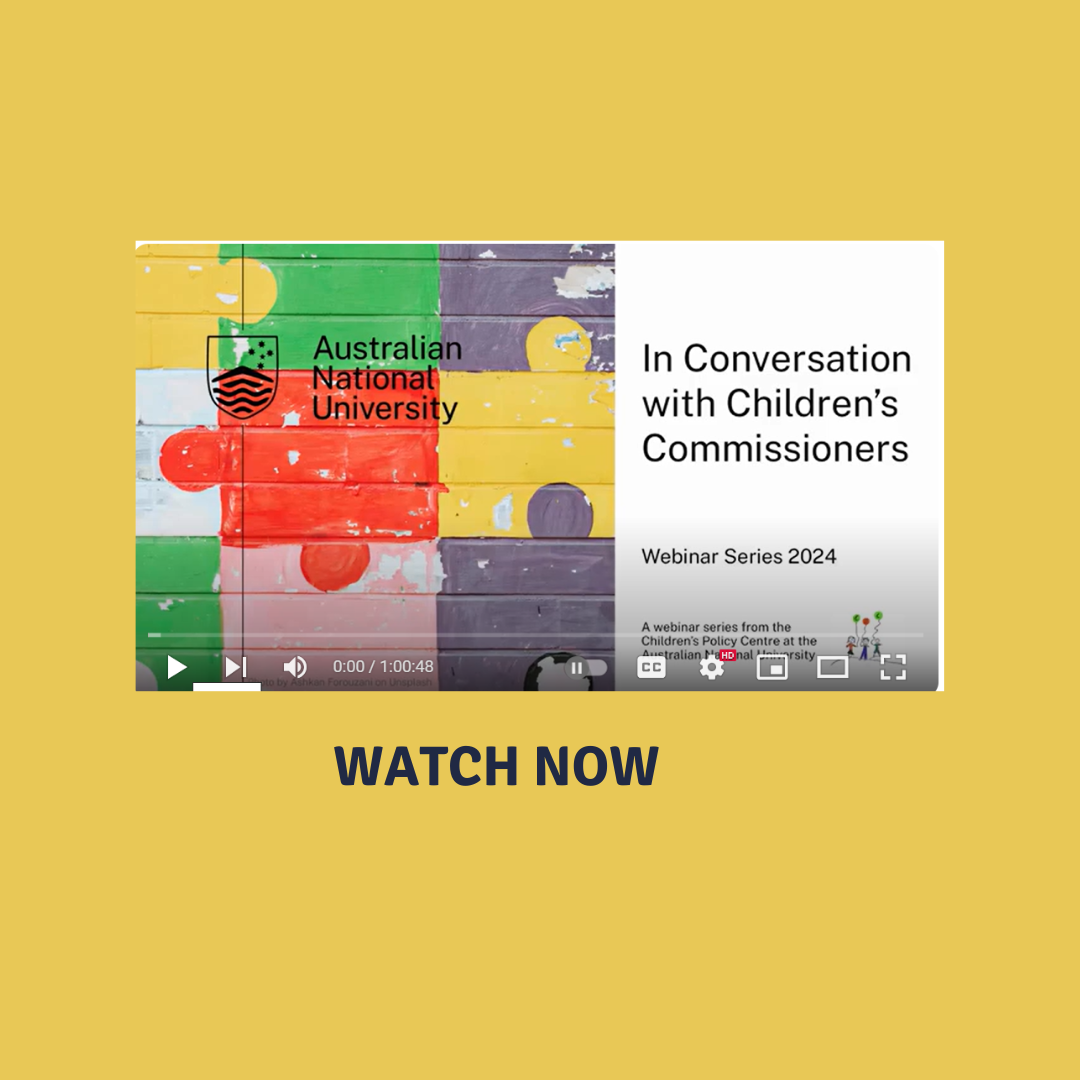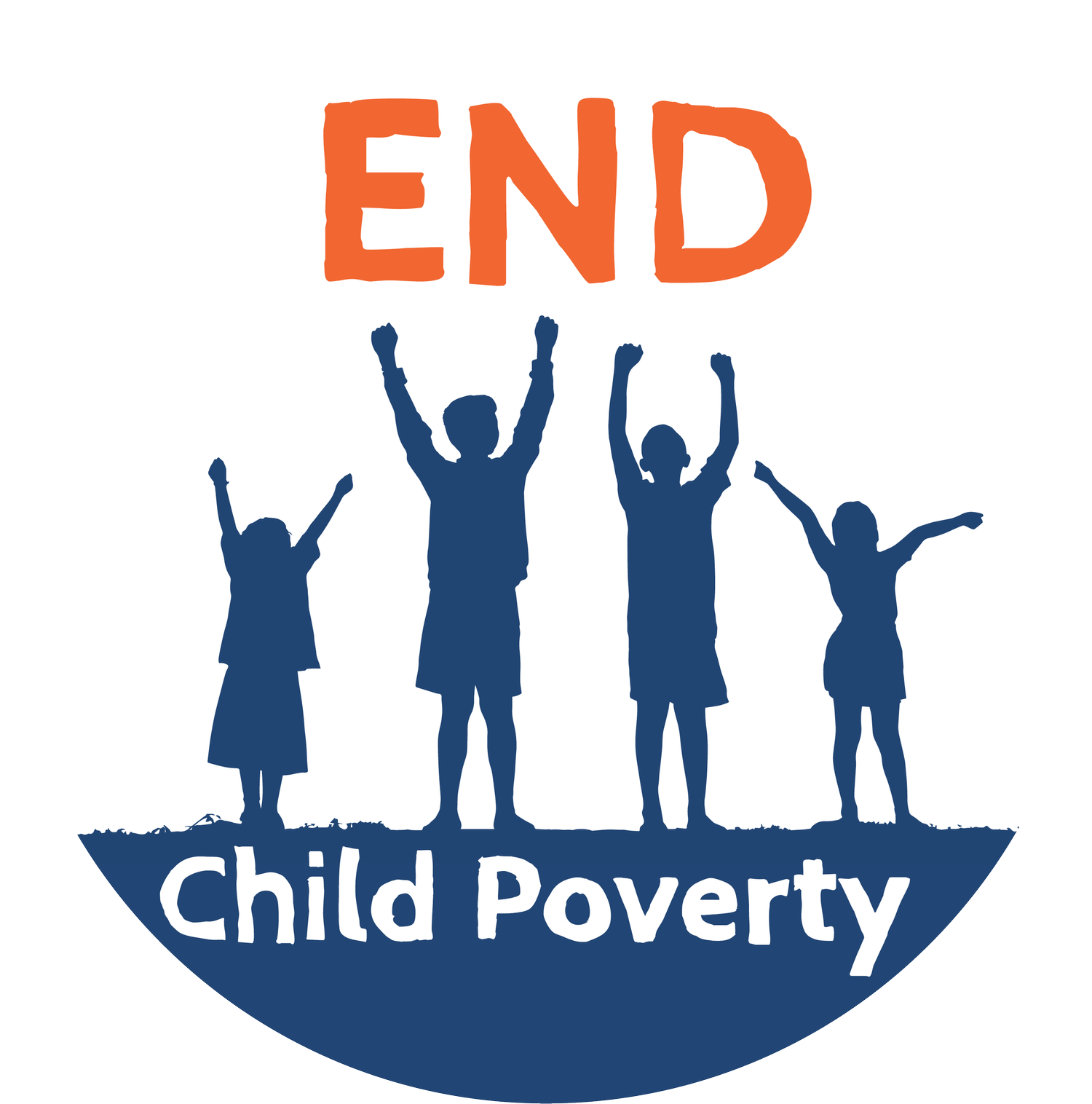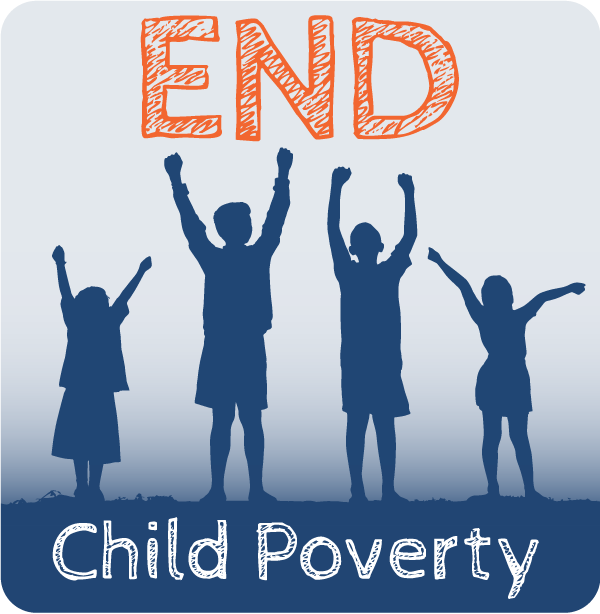
ANU Experts Visit Perth: Amplifying Young Voices in the Fight to End Child Poverty
ANU Experts Visit Perth: Amplifying Young Voices in the Fight to End Child Poverty"

Growing number of Australian families struggling to afford their kids' education
Experts say more support is needed to help the growing number of families struggling to keep up with rising education costs.


Opinion piece: The hardest time of year for children in poverty By Glenn Connley co-writer Sarah Quinton
Even on the 'Nice List,' Many Kids Will Still Miss Out This Christmas


Australia’s Child Poverty Crisis Exposed on ABC Radio!
Professor Sharon Bessell Reveals Shocking Truths About Kids in Poverty with Nadia Mitsopoulos on ABC Perth Radio

Australia’s Poverty Crisis: More Kids at Risk – Read the Story!
Cost of Living Crisis: More Children in Poverty Than Ever

VCI Joins the Global Act for Children Campaign
Big News: We’ve Joined a Global Movement to Amplify Children’s Voices!


Let’s End Child Poverty in Australia
Ready to Help End Child Poverty in Australia? Here's How You Can Make a Difference!

Watch | ABC News Children going hungry, missing school amid Australia's cost-of-living crisis
Heartbreaking Surge: Aussie Kids Going Hungry and Missing School as Families Face Unbearable Crisis

Cost of living Christmas: Experts warn WA kids are falling through the cracks of Government support
Cost of Living Crisis Hits Aussie Kids Hard: Thousands Going Hungry and Missing Housing Support

ABC Reports: Children going hungry, missing school amid Australia's 'perfect storm' cost-of-living crisis By Rebecca Trigger
Shocking Rise in Aussie Kids Going Hungry: ABC Reports the Alarming Truth Behind Australia's Cost of Living Crisis

In Conversation with Professor Sharon Bessell
Event In Conversation: Professor Sharon Bessell, Introduced by Ambassador Joshua Patrick

Childhood Poverty Costs NSW $60B Annually
$60 Billion Crisis: The Hidden Toll of Childhood Poverty in NSW

Report: Children and homelessness in WA
Homelessness Through a Child’s Eyes: Australia’s Crisis Demands Urgent Action

New Zealand’s Path to Ending Child Poverty
A Powerful Dialogue: Dr Claire Achmad & Professor Sharon Bessell on Children’s Rights

Event: In conversation to end child poverty
An Evening with Prof. Sharon Bessell: Amplifying Children's Voices & Tackling Poverty

More For Children
Seeing Poverty Through a Child’s Eyes: Prof. Sharon Bessell’s Groundbreaking Research

More for Children Issues Paper 2: Housing
Inside the Housing Crisis: Children Speak Out in More for Children Issues Paper 2

